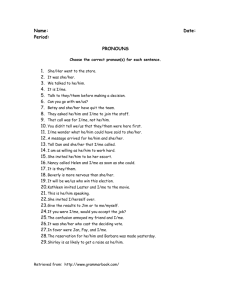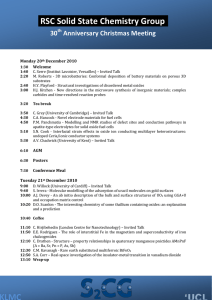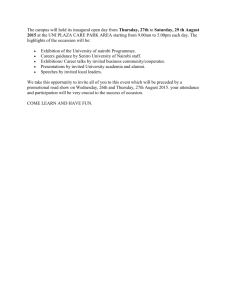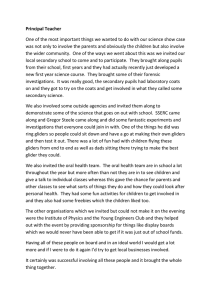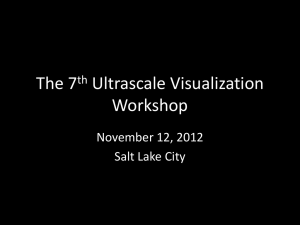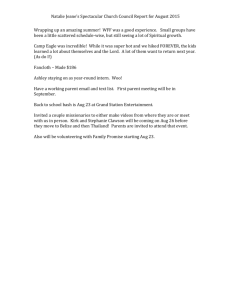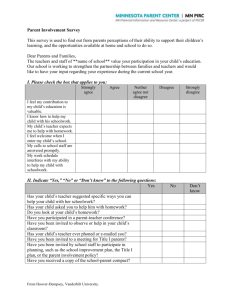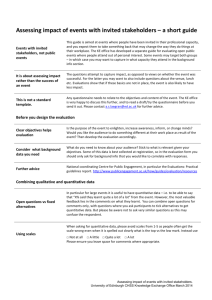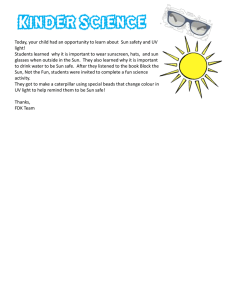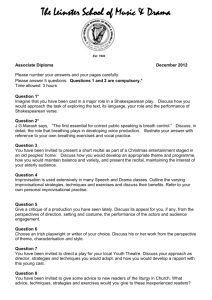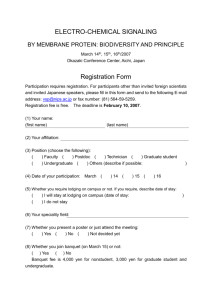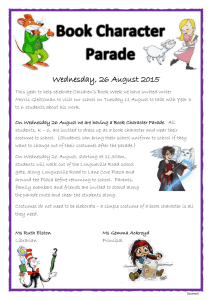The `Images and Objects` Activity
advertisement
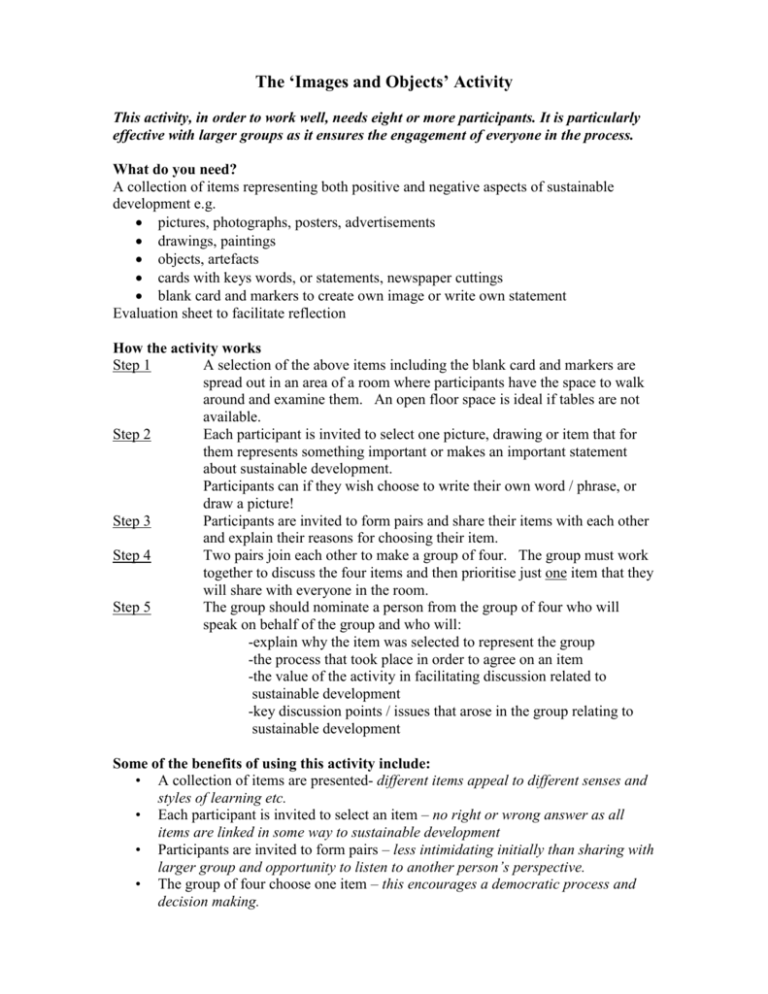
The ‘Images and Objects’ Activity This activity, in order to work well, needs eight or more participants. It is particularly effective with larger groups as it ensures the engagement of everyone in the process. What do you need? A collection of items representing both positive and negative aspects of sustainable development e.g. pictures, photographs, posters, advertisements drawings, paintings objects, artefacts cards with keys words, or statements, newspaper cuttings blank card and markers to create own image or write own statement Evaluation sheet to facilitate reflection How the activity works Step 1 A selection of the above items including the blank card and markers are spread out in an area of a room where participants have the space to walk around and examine them. An open floor space is ideal if tables are not available. Step 2 Each participant is invited to select one picture, drawing or item that for them represents something important or makes an important statement about sustainable development. Participants can if they wish choose to write their own word / phrase, or draw a picture! Step 3 Participants are invited to form pairs and share their items with each other and explain their reasons for choosing their item. Step 4 Two pairs join each other to make a group of four. The group must work together to discuss the four items and then prioritise just one item that they will share with everyone in the room. Step 5 The group should nominate a person from the group of four who will speak on behalf of the group and who will: -explain why the item was selected to represent the group -the process that took place in order to agree on an item -the value of the activity in facilitating discussion related to sustainable development -key discussion points / issues that arose in the group relating to sustainable development Some of the benefits of using this activity include: • A collection of items are presented- different items appeal to different senses and styles of learning etc. • Each participant is invited to select an item – no right or wrong answer as all items are linked in some way to sustainable development • Participants are invited to form pairs – less intimidating initially than sharing with larger group and opportunity to listen to another person’s perspective. • The group of four choose one item – this encourages a democratic process and decision making. Images and Objects Activity Group Reflection When one item has been selected to represent your group reflect on the following before reporting back to the bigger group: Why was this item selected to represent your group? What process took place in order for you all to agree on this item? How valuable was the activity in facilitating discussion related to sustainable development? What key discussion points / issues arose in your group relating to sustainable development?
